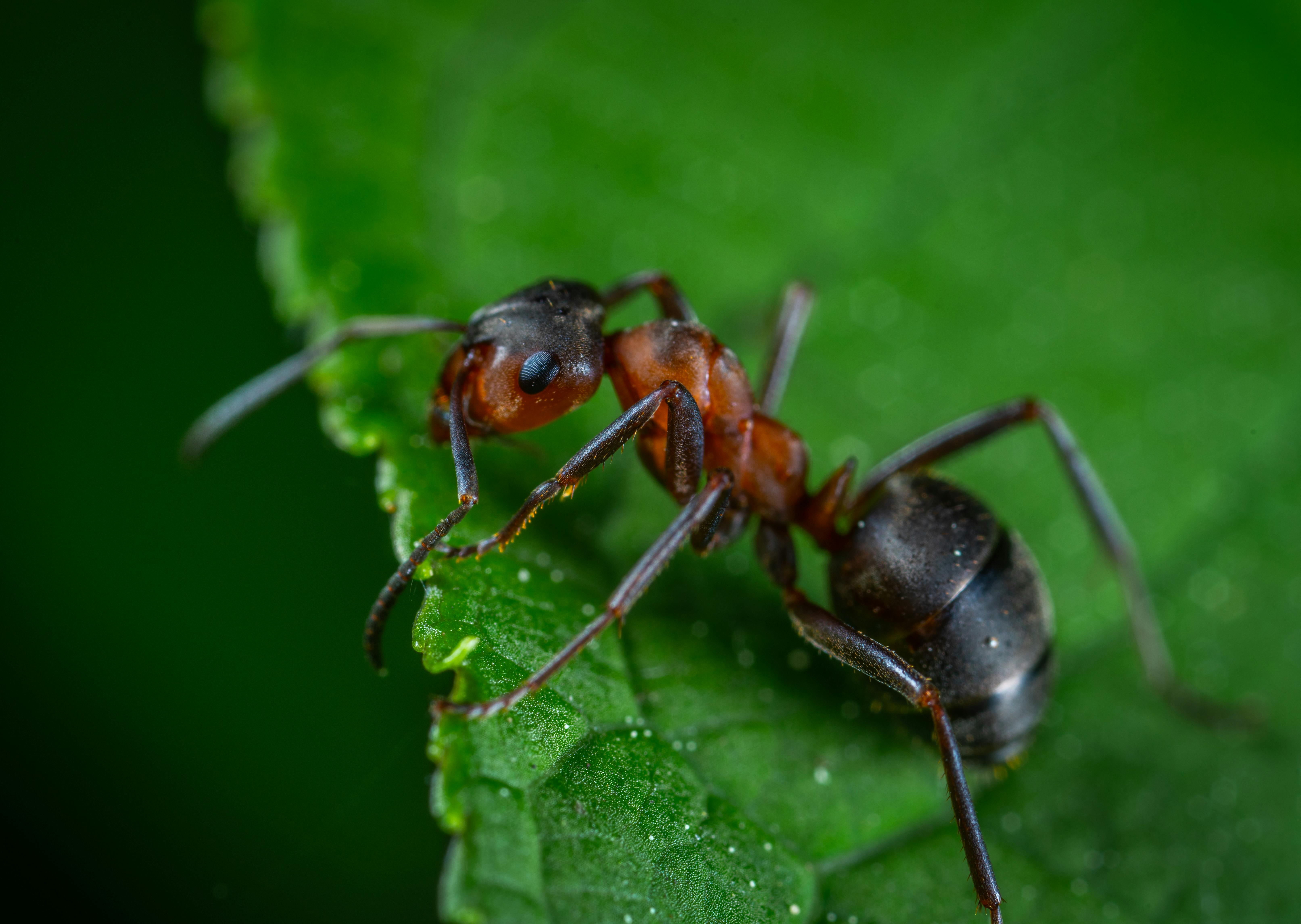Discovering the Intriguing World of Leafcutter Ants: Nature's Tiny Farmers
Dive into the fascinating world of leafcutter ants, Earth's smallest yet most efficient farmers. Known for their unique agricultural behavior, these tiny creatures offer a captivating look into the complex world of insect societies. Leafcutter ants, belonging to the genera Atta and Acromyrmex, are among the most extraordinary insects on our planet. Dating back over 50 million years, these ants have created a symbiotic relationship with a specific type of fungus, which they cultivate and feed on. This intricate behavior, unheard of among other insects, has attracted the attention of scientists and nature enthusiasts worldwide.

Current Research and Updates on Leafcutter Ants
Recent studies have uncovered more fascinating details about these tiny farmers. For instance, researchers found that leafcutter ants have a unique ability to adapt to changing environments by switching the type of leaves they harvest. Furthermore, they have been observed to demonstrate a level of social complexity that rivals human societies, with each member of the colony performing specific roles.
The Economic Impact of Leafcutter Ants
While leafcutter ants are fascinating creatures, they can also pose a significant challenge to human agricultural practices. In certain regions, these ants are known to defoliate crops, causing substantial economic losses. As such, understanding their behavior and developing eco-friendly pest management strategies have become essential tasks for scientists and farmers alike.
The Importance of Leafcutter Ants in Ecosystems
Despite the challenges they pose to farming, leafcutter ants play a pivotal role in the ecosystem. They contribute to nutrient cycling and soil aeration, which is vital for plant growth. Moreover, their agricultural practices help maintain the balance in the ecosystem by controlling the growth of certain plant species.
The Future of Leafcutter Ants
The study of leafcutter ants is not limited to understanding their behavior or mitigating their impact on farming. These tiny creatures may also offer insights into sustainable agriculture, biofuel production, and antibiotic development. As we continue to explore the world of leafcutter ants, we stand to gain from the lessons these tiny farmers have to teach us.
In conclusion, leafcutter ants, although small in size, have a massive impact on our world. Their unique way of life offers a fresh perspective on societal organization, agriculture, and symbiotic relationships. As we delve deeper into understanding these fascinating creatures, we gain not only knowledge but also a profound appreciation for the intricate workings of nature.




